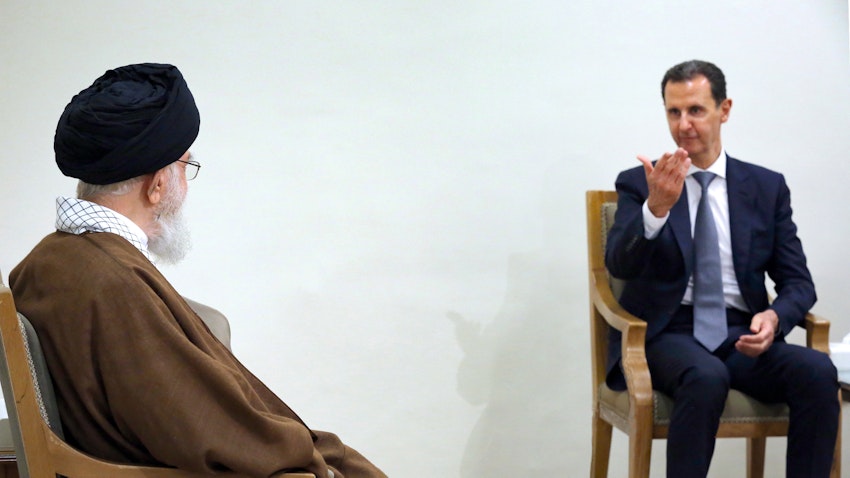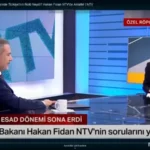In the days leading to his dramatic ouster, Syrian President Bashar al-Assad accused Turkey of actively supporting Sunni rebels advancing on Damascus, Iranian officials told Reuters this week. Assad’s five-decade family dynasty ended on Sunday when he fled to Moscow, where he was granted asylum.
As rebels from Hayat Tahrir al-Sham (HTS), formerly aligned with al-Qaeda, captured major cities and advanced on the capital, Assad met with Iranian Foreign Minister Abbas Araqchi in Damascus on December 2. During the meeting, Assad expressed frustration over Turkey’s intensified backing of rebel forces. Araqchi reassured Assad of Iran’s continued support and promised to address the matter with Ankara, according to a senior Iranian official.
The following day, Araqchi confronted Turkish Foreign Minister Hakan Fidan, voicing Tehran’s concerns over Turkey’s role in facilitating the rebel offensive. According to a second Iranian official, the meeting was tense, with Iran accusing Turkey of aligning with U.S. and Israeli agendas in the region. Tehran conveyed Assad’s frustrations, claiming Turkey’s actions had destabilized the region and undermined Iran’s allies.
Fidan, however, placed the blame squarely on Assad, citing his failure to engage in meaningful peace efforts and years of oppressive governance as the root causes of Syria’s collapse. A Turkish foreign ministry source later disputed the Iranian account, denying that Araqchi had delivered any direct messages from Assad.
Speaking in Doha after Assad’s ouster, Fidan remarked that the Syrian leader had squandered opportunities to resolve the country’s deep-seated issues, leading to the “slow decay and collapse” of his regime.
Meanwhile, Iran’s Supreme Leader Ayatollah Ali Khamenei condemned Assad’s overthrow, attributing it to a U.S.-Israeli conspiracy. He also suggested that one of Syria’s neighbors—widely interpreted as Turkey—played a role in Assad’s downfall.
As a NATO member, Turkey has maintained significant influence in northern Syria through cross-border incursions and support for opposition groups aiming to unseat Assad since the civil war’s outbreak in 2011.
Assad’s removal has also weakened Iran’s regional ambitions. Tehran’s alliance with Damascus had enabled a strategic corridor extending from Iran through Iraq to Lebanon, facilitating arms transfers to its proxy, Hezbollah. Over the course of Syria’s civil war, Iran invested billions to prop up Assad’s regime and deployed its Revolutionary Guards to support his forces.
Hezbollah also played a critical role by sending fighters to bolster Assad’s defenses. However, over the past year, the group redeployed many of its fighters back to Lebanon to face escalating conflict with Israel, leaving Assad’s government vulnerable to the advancing rebels.
Iran’s heavy investment in preserving Assad’s rule has now left Tehran grappling with the loss of a critical ally in the region, further complicating its strategic position in the Middle East.



